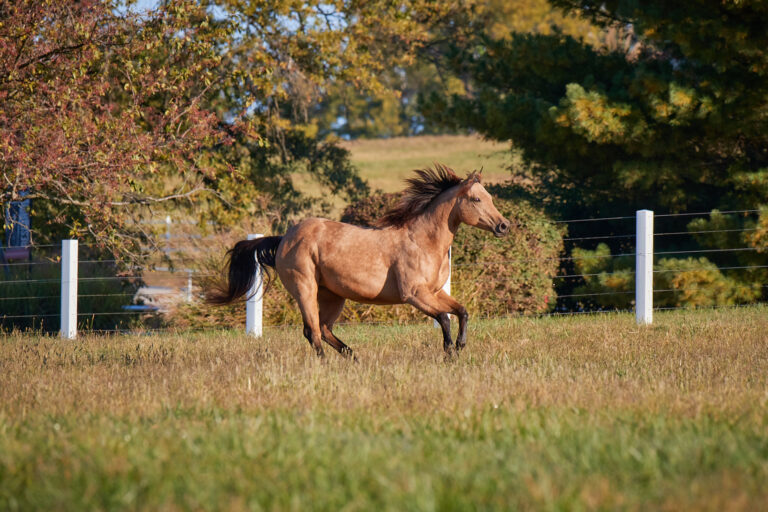
<div · “The Business of Practice” podcast is brought to you in 2022 by CareCredit. </div
In Episode 31 of The Business of Practice podcast, we talked to the American Association of Equine Technicians and Assistants (AAEVT) Executive Director and Assistant Executive Director—Deb Reeder and Wiss Costanza, respectively—about what the organization is all about. We also discussed the value of equine veterinary assistants and techs in today’s demanding equine practice climate.
The AAEVT conducts live and on-demand continuing education for its members. For example, here are some of the 2022 meetings and events:
AAEVT Anesthesia Society Meeting
January 22, 2022 – Ocala, FL
Host: Ocala Equine Hospital
- Saturday: one full-day event with Anesthesia focused Lectures & Labs
AAEVT Spring Regional Event: Imaging
June 17-19, 2022 – Lexington, KY
Host: Rood & Riddle Equine Hospital
- Two days of hands-on lectures, wet labs, and demos on all things Imaging! Radiography, ultrasound, CT, MRI, nuclear scintigraphy, PET will be covered; with Q&A sessions & Social Events too!
AAEVT Summer Regional Event
August 2022 – Date and Location TBD
- One day of hands-on Labs, Lectures & Social events!
TEVA Summer CE Symposium
August 4-9, 2022 – Fort Worth, TX
- Technician & Assistant lecture track + AAEVT hosted wet labs
AAEVT Wet Lab Day, in conjunction with NAEP Symposium
~September 2022 – Saratoga Springs, NY
- Hands-on Wet Lab day, hosted by the AAEVT
- Discounted registration for AAEVT Members to the NAEP Symposium & Trade Show!
AAEVT/AAEP Annual Convention
November 18-21, 2022 – San Antonio, TX
- Right before Thanksgiving (!!!), 3 1/2 full days of events, lectures, wet labs, round tables, Trade Show and MORE!
- Will run Friday (Nov. 18) through Monday (Nov. 21)
- Wet Lab host: Retama Equine
AAEVT holds its annual meeting in conjunction with the AAEP Convention each year, which as stated above is before Thanksgiving this year in San Antonio.
The AAEVT started as a concept in 2002. A small group of equine technicians and assistants organized several CE events with a primary focus on equine wet labs and lectures. The idea began to gain traction and soon an AAEP Task Force and Organizing Committee were created. In 2004, the first AAEVT Annual Conference took place. Since that time, we have committed ourselves to advocate for the entire equine veterinary health care team, growing our community from 250 members to over 1,000 members worldwide.
AAEVT also has an online certification academy, which is unique in the equine industry, said Costanza. It requires that a licensed veterinarian signs off on your attendance to a regional meeting for hands-on training as well and online study.
Reeder said AAEVT also includes support staff as well as veterinarians in its membership roster. “At the next AAEVT/AAEP meeting, we’ll have a whole program for office staff,” said Reeder.
The AAEVT is working to educate veterinarians on what vet techs and assistants can do, which is often regulated by state practice acts.
“Techs and assistants can certainly help a busy veterinarian,” said Reeder.
She encourages techs and assistants to let an attending veterinarian know what you are trained to do or what you feel competent in doing, which includes knowing the client, drugs and equipment you are working with. “You also need a positive attitude,” said Reeder.
Costanza said it is up to the tech or assistant to “read the room” and keep the vet, horse and client safe as well as being “one step ahead” of getting done what the veterinarian needs.
For veterinarians, Costanza said while salary is a great thing, “staff can fee undervalued if you are not using them to their full passion and experience. We are more than a hitching post.”
The demand for skilled equine techs and assistants has never been higher in the veterinary industry. Costanza said there is a job board and career center on the AAEVT website.
“Any member can post or view, and we have a new feature for resumes,” said Costanza. “We also have ‘clinic memberships’ to the veterinarian can look through the postings.”
AAEVT is active on social media as well as having a members-only Facebook page.
“Sponsors are very supportive of us,” said Reeder.
She continued by saying that when members are asked what is most important to them, it is their ability to know they made a difference not only with the horse, but with the practice, the vet and the client.
This content is subject to change without notice and offered for informational use only. You are urged to consult with your individual business, financial, legal, tax and/or other advisors with respect to any information presented. Synchrony and any of its affiliates, including CareCredit (collectively, “Synchrony”), make no representations or warranties regarding this content and accept no liability for any loss or harm arising from the use of the information provided. All statements and opinions in this article are the sole opinions of the author and roundtable participants. Your receipt of this material constitutes your acceptance of these terms and conditions.










